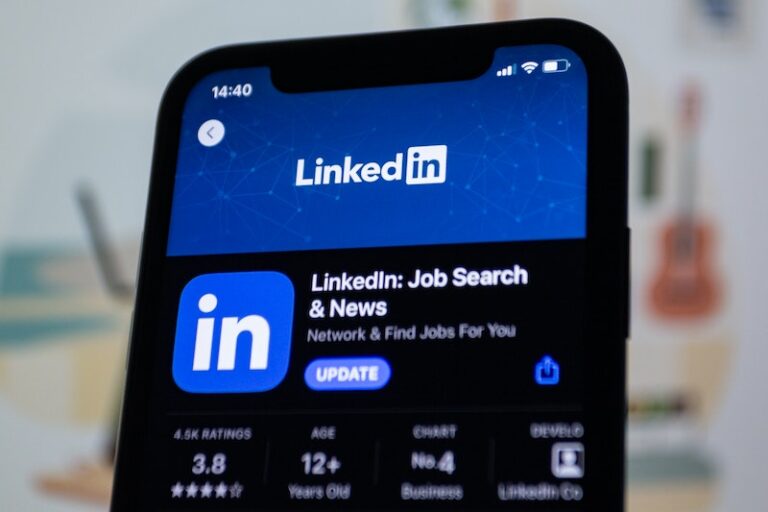Protect Your Data – The 3-2-1 Backup Rule
Follow the 3-2-1 Backup Rule
Everyone should back up the critical data they have on their desktops, laptops, servers, and even cell phones.
With a good backup system in place, you protect your data from loss or corruption.
Saving just one backup copy may not be enough to safeguard your information.
It states that there should be at least 3 copies of the data, stored on 2 different types of storage media, and one copy should be kept offsite, in a remote location (this can include cloud storage).
Here an example: Let’s say you have important data on your laptop, and you use a cloud service like Dropbox, then you also save it to a USB drive.
First Rule – 3 Copies
- Copy – Laptop
- Copy – Cloud storage
- Copy – USB drive
Second Rule – 2 Types of media
- Type – Cloud
- Type – Disk drive (Solid State or Spinning Disk)
Third Rule – Different location from other copies
- Location – Cloud
Conclusion
By following the 3-2-1 rule, you protect your data from almost any event.
- Tornadoes, Earthquakes, Floods
- Theft
- Voltage Surges
- Fire
- Device Failures
- Viruses
- Malicious Attacks
- File Corruption
- Human Error
If you are only keeping one copy, you should at least look into cloud storage. You may already have an account and not even know it.
- OneDrive – This from Microsoft and if you have an email account from any of their domains (@hotmail.com, @live.com, @msn.com, @passport.com, @outlook), you also have 5GB of OneDrive storage.
- Google Drive – If you have a gmail account, then you have 15 GB of storage with Google.
- iCloud – This is Apple’s storage service. If you have an Apple device, then you have an iCloud account that has 5GB of free storage.
- Dropbox – Dropbox is one of the early companies that first started providing cloud storage. They are another good option, but only start you with 2 GB of free storage.
The free tiers that these services provide work for most people.
If you require a full system backup or you need more storage than what free tiers provide, then you can look into the premium plans from your preferred service. The average price range is between $50-$100 per year.
If you have questions or are not sure what is right for you, sent me a message on my Contact form, and I’ll help you out.



